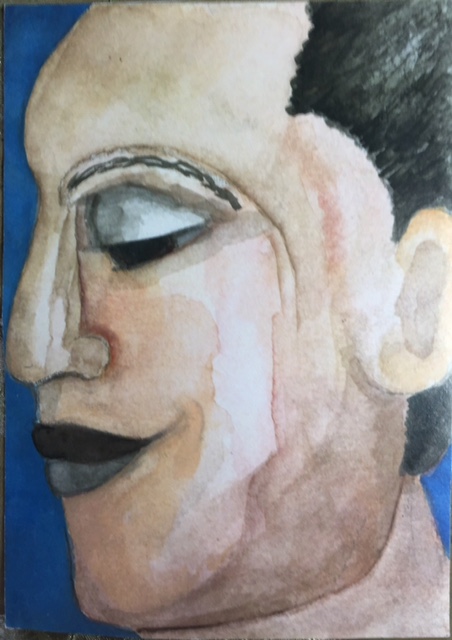Mind-Body Connection
I have been drawn to the relationship between bodily experience and perception since the 1960's. Back then I was involved in an acting troupe in Berkeley, California that used themes from Jungian psychology, Gestalt Therapy and Zen Buddhism to inspire live audiences to find internal calm and grounding. I entered bioenergetic psychotherapy that focused on techniques developed by William Reich to help me develop a conscious relationship with my body. By becoming aware of how I was physically protecting myself and the way I moved, I learned to respect internal experience that was manifesting in my body, make room for self-awareness, grow ways to soothe myself, and listen to the wisdom that my body was telling me.
For the past 20 years I have studied and implemented a process called Focusing developed by Dr.Eugene Gendlin at the University of Chicago. This process involves gentle connecting with sensations in the body that can lead to conscious understanding of our dilemmas, needs, and natural propensity for self-healing. It honors even the subtlest of internal movements as being rich with meaning if we are patient and open. I keep this framework in mind when we are working together, sensing when it might be helpful for you to connect with the messages of your body and gently encouraging you to listen to the internal signals that your body is expressing.
For the past 25 years I have been committed to the Alexander Technique, a form of postural awareness that focuses on a meditative process of aligning the body into states of relaxation, grounding and moving through space with relative ease. This means I am aware of the ways my body compresses or inflates to create protection from physical and psychological pain. I am deeply grateful to Maria Navarro, who has been my teacher for many years here in Chico.
I have recently been inspired by an aspect of meditation that is called mindful self-compassion. The works of Tara Brach, Kristen Neff, and Christopher Germer combine the practice of meditation, often using awareness of our breath as the central theme of grounding, with kindness and acceptance towards ourselves. Their orientation helps us integrate a bodily sense of loving presence for the feelings, bodily sensations and images that arise during meditation. The process cultivates a level of intimacy with ourselves that is both comforting and enlivening.
I bring my experience of mind-body processes into the therapy hour. I will ask your permission to share insights, suggestions and feedback that might be helpful to you. And I will learn from you some of the processes that you have discovered over the years that are helpful to your well-being.
